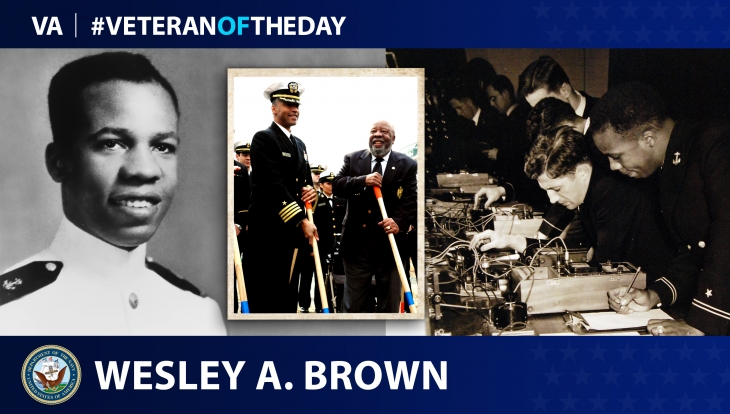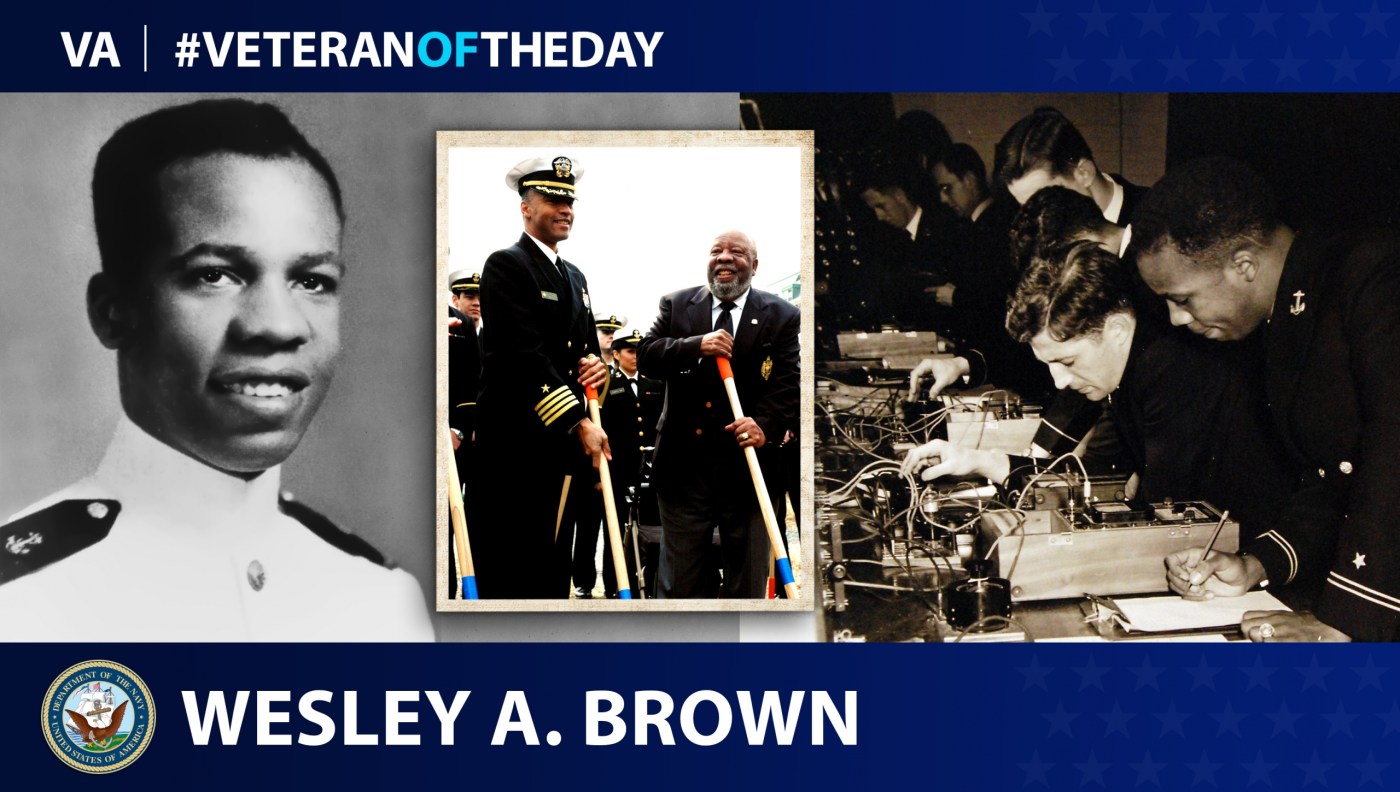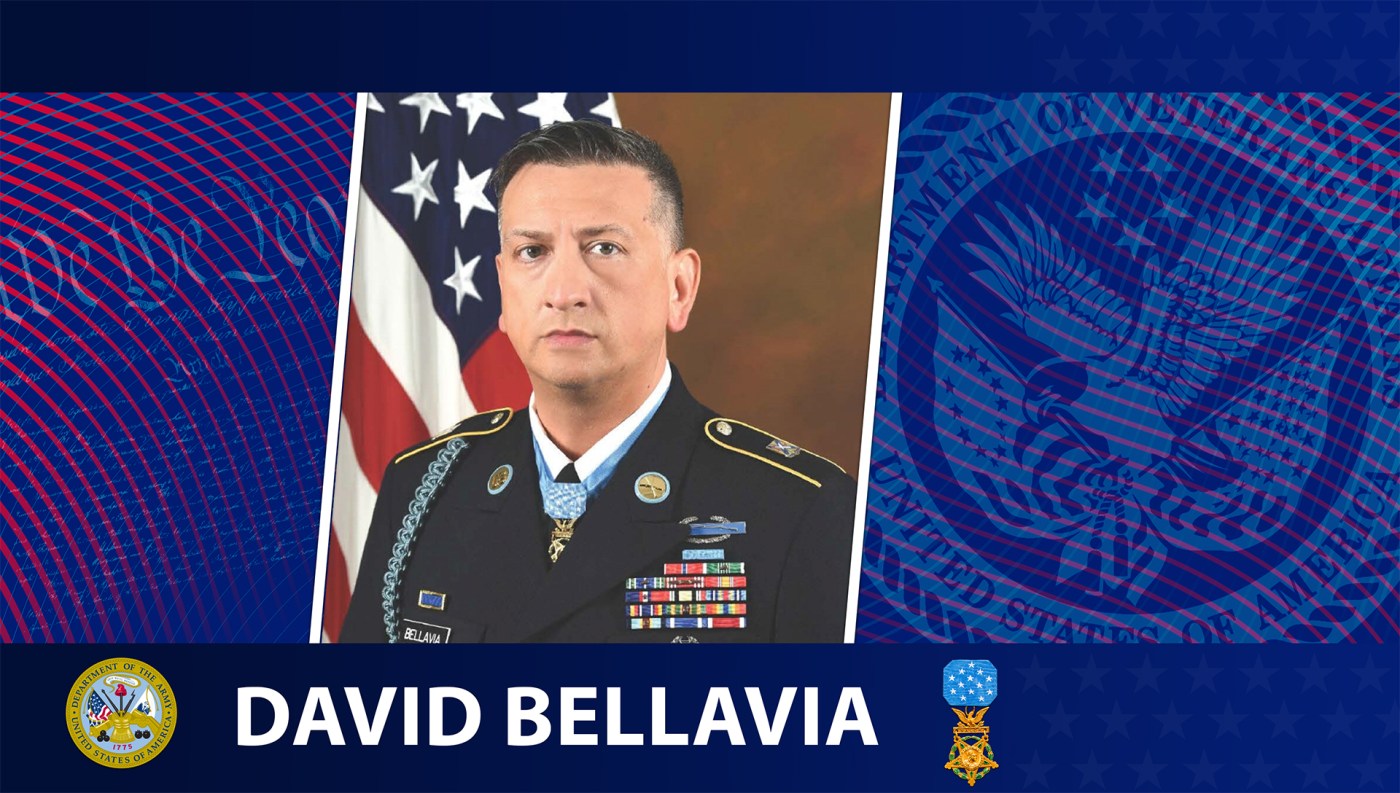
During Black History Month, today’s #VeteranOfTheDay is Navy Veteran Wesley A. Brown, the first African American graduate of the U.S. Naval Academy.
Wesley Anthony Brown was born in Baltimore, Maryland, in April 1927. Brown came from a family of modest means. His father delivered groceries for a produce market and his mother was a laundress; his great-grandparents had been slaves. Brown served in the U.S. Army Reserve as a teenager, and in 1945, he received an appointment to the U.S. Naval Academy in Annapolis, Maryland.
Military academies in the U.S. had long struggled with racial tensions, and integration attempts after the Civil War had been largely unsuccessful. When Brown applied to the Naval Academy in 1945, the academy—which, by that time, had been in existence for 100 years—had admitted a total of five Black students. None had graduated.
At the academy, Brown faced an organized campaign of discrimination and harassment. Hostile white midshipmen whispered racial slurs, refused to sit near him, spread false rumors about him, prevented him from joining the academy’s choir and baselessly assigned him so many demerits that he was nearly expelled. He roomed alone for four years so that he would not have to deal with a white roommate.
“I get asked [the] question often, ‘Did you ever think about quitting?’” Brown said in an interview. “And I say, ‘Every single day.’”
Brown, however, did not quit. He was encouraged by a group of friendly classmates who saw past the color of his skin—one of whom was future president Jimmy Carter—and by the academy commandant, who personally stepped in to protect Brown. Conditions also improved for Brown after President Harry S. Truman formally ordered the desegregation of the armed forces in 1948.
Brown received his commission in 1949, making him the first African American to graduate from the U.S. Naval Academy. After graduation, Brown served in the Navy Civil Engineer Corps, working on construction projects in Hawaii, Liberia, Cuba and the Philippines. He also served in both the Korean War and the Vietnam War and was once posted to duty in Antarctica. Brown retired from the Navy in 1969 with the rank of lieutenant commander after 20 years of service.
In 2008, the Naval Academy dedicated the Wesley Brown Field House, a state-of-the-art 140,000 square-foot athletic complex. At the time, it was the only building on the grounds of a military academy named after an African American. Brown was athletically active during his time at Annapolis, running cross-country and competing on the academy’s track team. One of his prized possessions was a framed letter from Carter, who had been one of Brown’s teammates.
“I ran with you,” Carter wrote to Brown in 1989, “[but] you were better.”
Brown passed away on May 22, 2012, at the age of 85.
We honor his service.
Nominate a Veteran for #VeteranOfTheDay
Do you want to light up the face of a special Veteran? Have you been wondering how to tell your Veteran they are special to you? VA’s #VeteranOfTheDay social media feature is an opportunity to highlight your Veteran and his/her service.
It’s easy to nominate a Veteran. Visit our blog post about nominating to learn how to create the best submission.
Contributors
Writer: Stephen Hill
Editors: Annabelle Colton and Nathaniel Scott
Fact checker: Giacomo Ferrari
Graphic artist: Kiki Kelley
Topics in this story
More Stories
This week’s Honoring Veterans Spotlight honors the service of Army Veteran David Bellavia, who received a Medal of Honor from the Iraq War’s deadliest operation, the Second Battle of Fallujah.
This week’s Honoring Veterans Spotlight honors the service of Army Veteran Scotty Hasting, who served in Afghanistan.
This week’s Honoring Veterans Spotlight honors the service of Army Veteran Roy Sheldon, who served in 97th General Hospital in Frankfurt, Germany.






